-
 play_arrow
play_arrow
PUKfm
-
 play_arrow
play_arrow
London Calling Podcast Yana Bolder
-
 play_arrow
play_arrow
Summer Festival Podcast Robot Heart
-
 play_arrow
play_arrow
Electronic Trends Podcast Aaron Mills
-
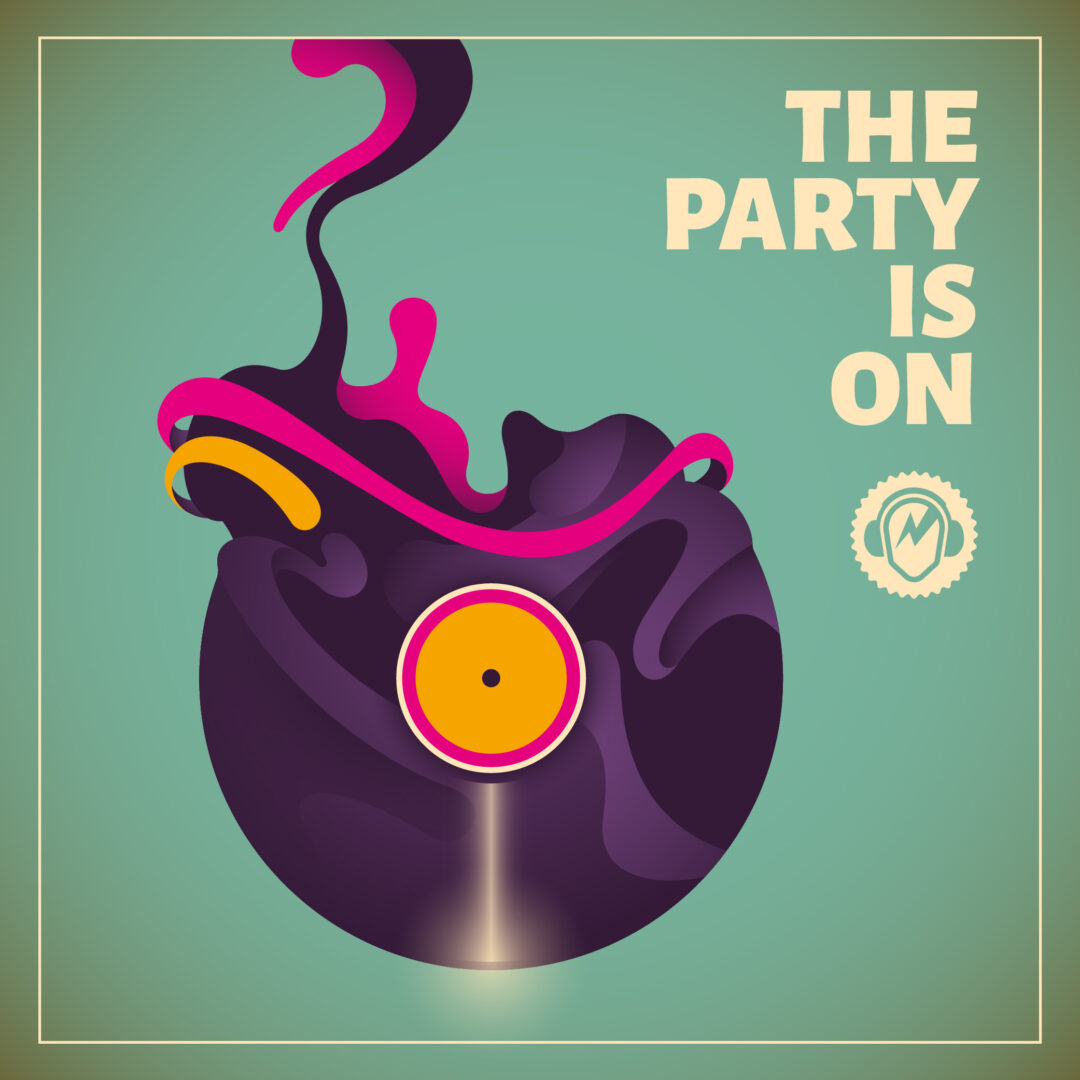 play_arrow
play_arrow
New Year Eve Podcast Robot Heart
-
 play_arrow
play_arrow
Techno Podcast Robot Heart
-
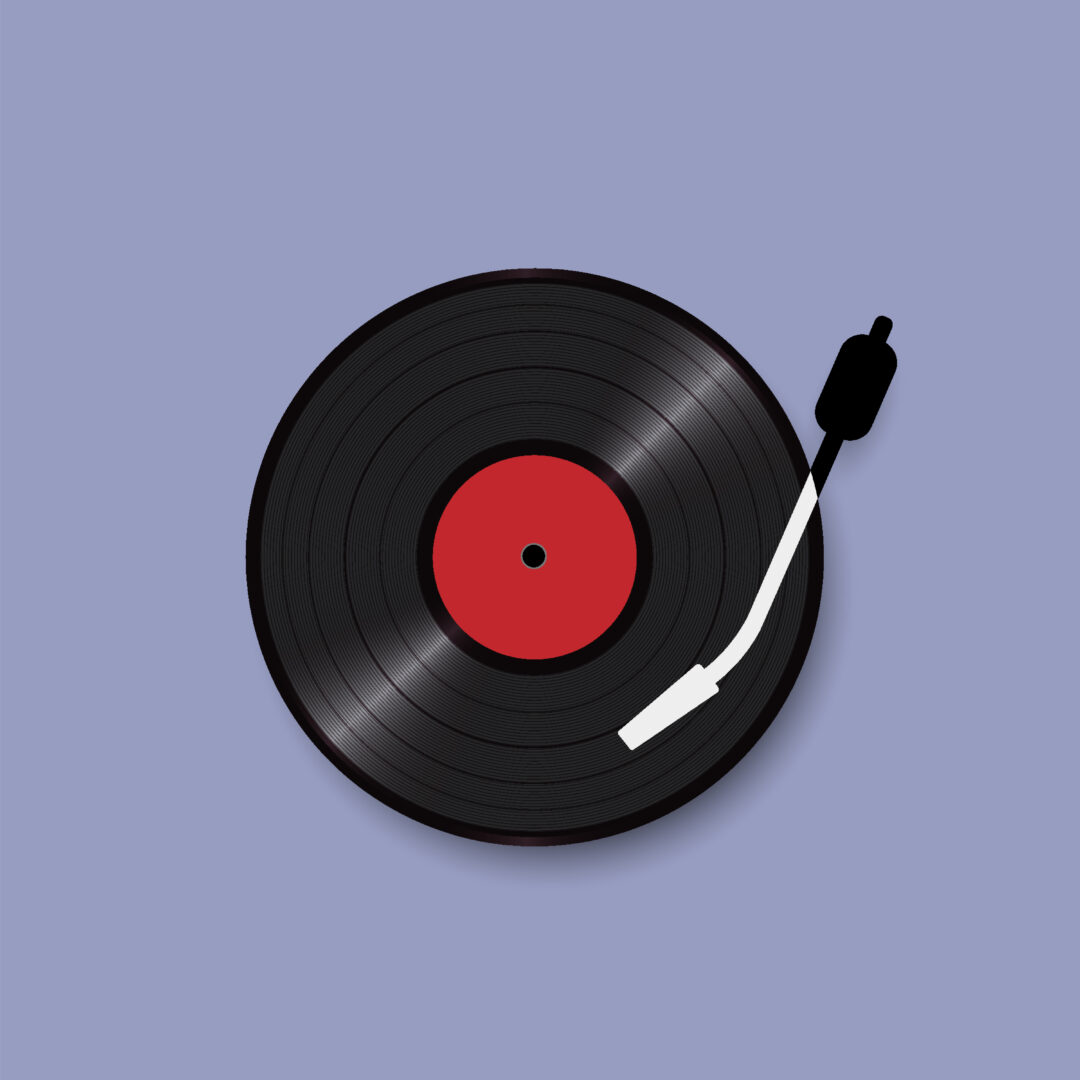 play_arrow
play_arrow
Flower Power Festival Podcast Robot Heart
-
 play_arrow
play_arrow
Tech House Podcast Robot Heart
-
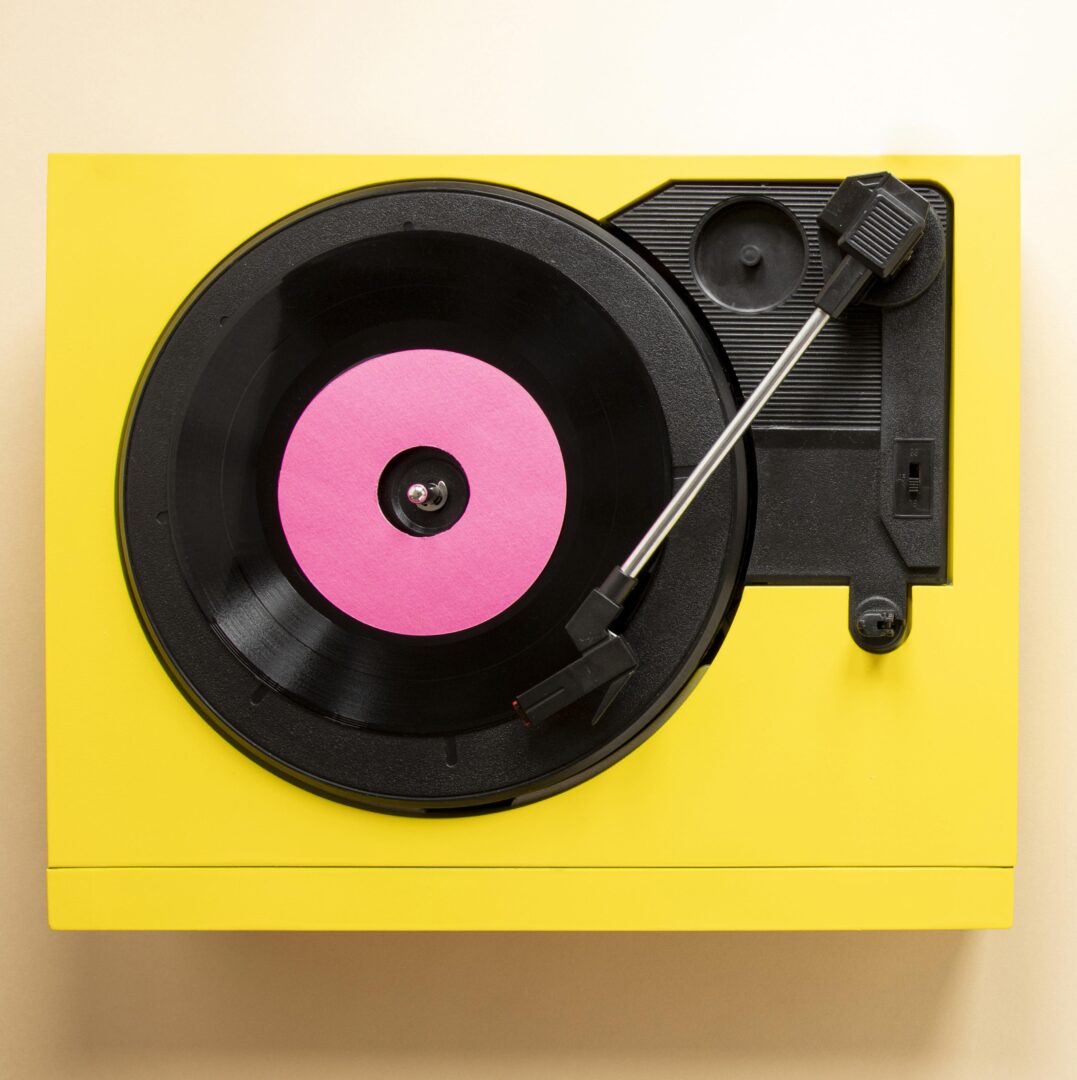 play_arrow
play_arrow
Winter Festival Podcast Robot Heart
Wilma Ernst
@_wilhelmina_ernstig_
Every June, the spotlight turns to an issue often buried under societal expectations and gender norms: men’s mental health. While the global conversation around mental wellness has grown in recent years, men continue to suffer in silence at alarming rates. Men’s Mental Health Month is a call to action — an opportunity to raise awareness, dismantle stigma, and advocate for better support systems for men worldwide.
Depression, anxiety, stress and burnout affect a large number of the global population. While it is not only affecting men, their struggle with these mental health issues is often silent due to societal and cultural norms, as well as other factors like race and socioeconomic status.
According to the SA Federation for Mental Health, South Africa ranks 10th globally for suicide cases, with 13 774 mental health-related suicides in 2019. Broken down, however, it is shocking to note that 79% of these deaths were among men, meaning that in South Africa, men are more likely to die from suicide, than women.
Despite the alarming data, men’s mental health remains a topic pushed to the margins in South African society. From childhood, boys are often taught, explicitly or subtly, that showing emotion is a weakness and seeking help is shameful. Phrases like “indoda ayikhali” (a man does not cry) and “vat dit soos ‘n man” heard in many South African households, reinforce a rigid and distorted idea of masculinity that leaves little room for vulnerability.
Across South Africa’s diverse cultural groups, masculinity is often defined by strength, stoicism, and self-reliance. In many traditional African cultures, for example, men are expected to be providers and protectors, roles that discourage emotional openness. Similarly, in Afrikaner, Indian, and Coloured communities, generational silence around mental health often stems from religious family values, where struggles are dismissed as personal failings or spiritual deficiencies.
Many boys grow up without emotionally available male role models. Fathers, older brothers, teachers, and coaches may rather model emotional detachment or aggression, teaching young men to internalise pain or mask it through anger. When men do reach out, they are often told by older men to “toughen up,” perpetuating the cycle of silence. Even male peer groups can be unforgiving. Expressions of sadness, fear, or stress are mocked as “soft,” with mental health struggles rebranded as weakness. Men who cry or show emotional distress are often alienated by their peers, leaving them further isolated.
While women are often seen as the softer sex in families and communities, they, too, may intentionally or unintentionally reinforce damaging beliefs. Mothers, sisters, partners, and friends may dismiss men’s pain because they’ve been socialised to believe that men must “handle things” or be the “emotional rock”.
In relationships, men who share their mental health struggles are often met with discomfort or even rejection. Some partners may interpret vulnerability as instability, perpetuating the idea that emotional expression makes a man less desirable or dependable. Even well-meaning female friends may minimise men’s experiences, assuming that because they don’t express distress in familiar ways, their pain must be less intense.
While some people’s ignorance is unintentional, other people blatantly attack or dismiss men for sharing their emotions and struggles, especially on social media, with comments like “Who cares?” and “Eew, stop being weird.”
For the small percentage of South African men who do speak out, the societal response can be invalidating or even hostile. Health services are under-resourced and often lack gender-sensitive approaches. There are few safe spaces for men to explore their emotions without judgment. Without these outlets, men may resort to substance abuse, isolation, or violence, responses that further mask underlying mental distress.
Dismantling these cultural and societal norms requires a collective effort. It starts with truly listening when the men in our lives speak, however awkwardly, about their inner worlds. It means raising boys to see vulnerability not as weakness but as strength. It calls for challenging dismissive language when we hear it, and creating spaces where men can be whole: both strong and soft, proud and scared, stable and struggling.
Men’s Mental Health Month is more than a campaign. It is a reckoning with the emotional cost of outdated gender roles. Until we rewrite the social script on what it really means to be a man, the silence will continue – and with it, the suffering.
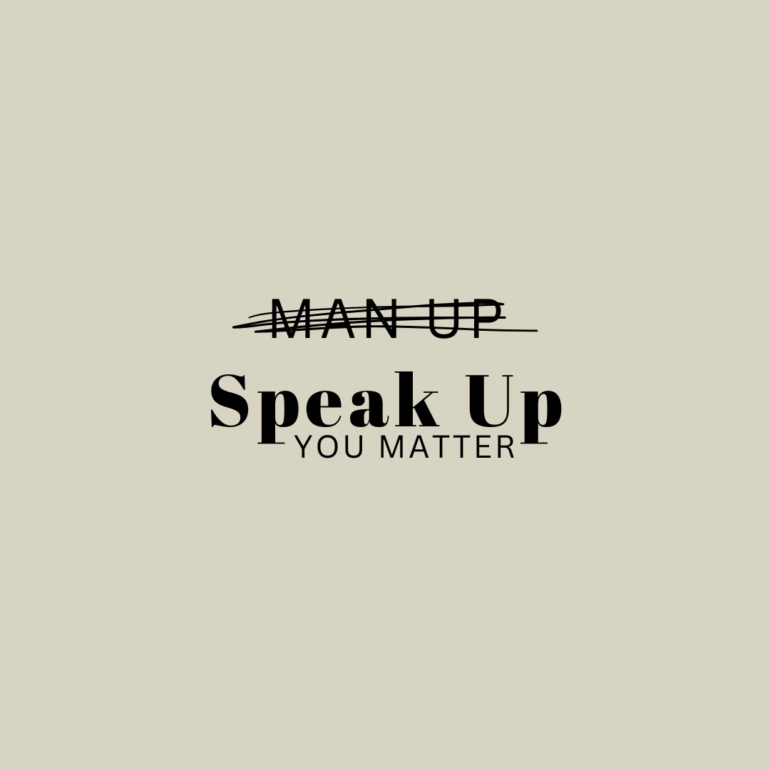
A quote by Wilma Ernst (Source: Wilma Ernst – @_wilhelmina_ernstig_)
Edited by Mignon Walters
Written by: Wapad
Similar posts
Recent Comments
Chart
-
-
-
 play_arrow
play_arrow
I Had Some Help (feat. Morgan Wallen) Post Malone
-
-
-
 play_arrow
play_arrow
Not Like Us Kendrick Lamar
-
-
Top popular

VARSITY CUP TICKET RESELLERS AND BUYERS – MAY BE DENIED ACCESS

UNANSWERED AND UNSPOKEN: NWU’S SILENCE ON SUSPENSION OF SCC STUDENT LEADER

NWU EXPELS STUDENT LEADER AFTER INTERNAL FINDING OF SEXUAL MISCONDUCT

MARCHING FOR JUSTICE AND POLICE ACCOUNTABILITY: THE TRUTH BEHIND THE TMM LOFTS PROTEST

DEGENAAR PRAAT OOR DIE NA-SKOK VAN ‘N TRAGEDIE


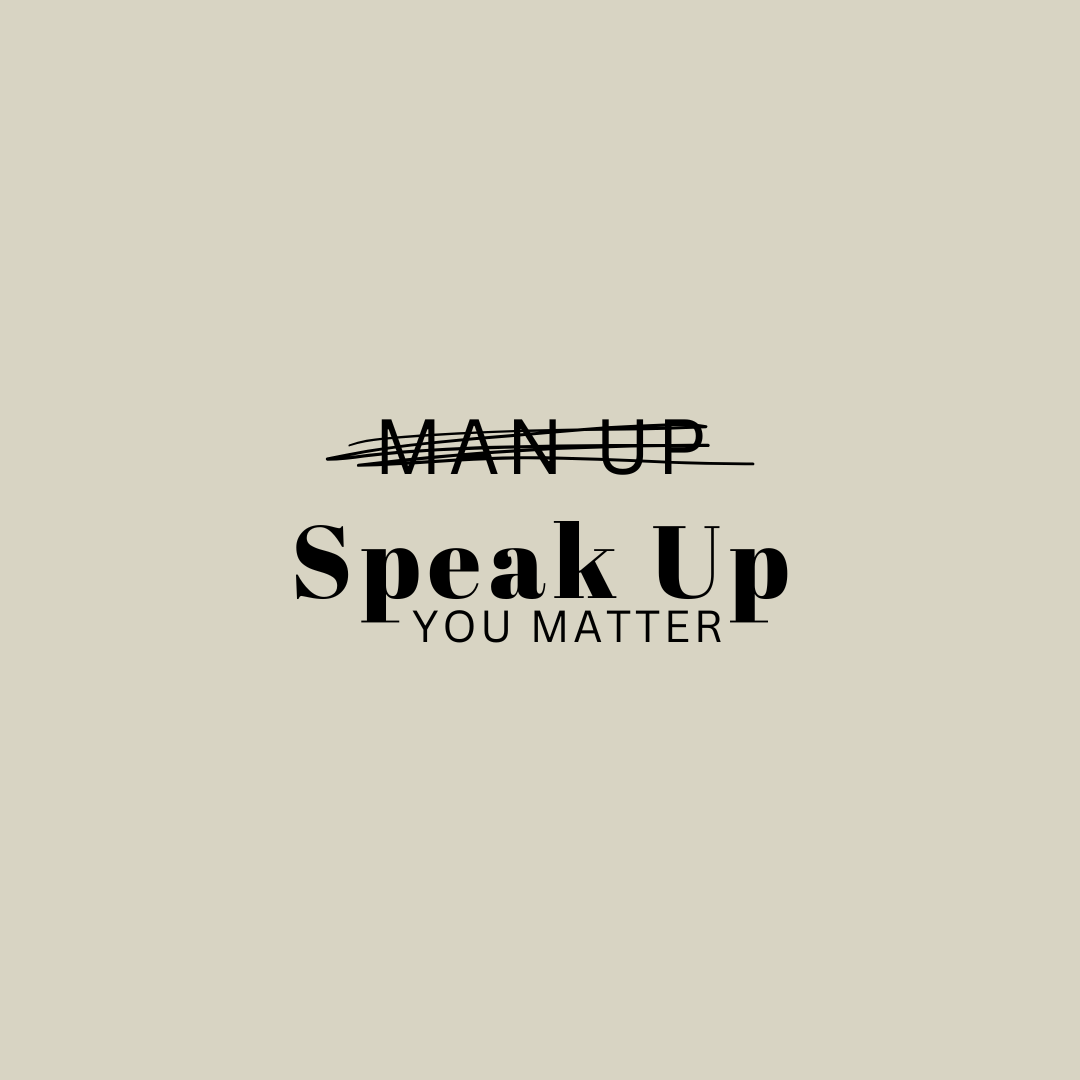

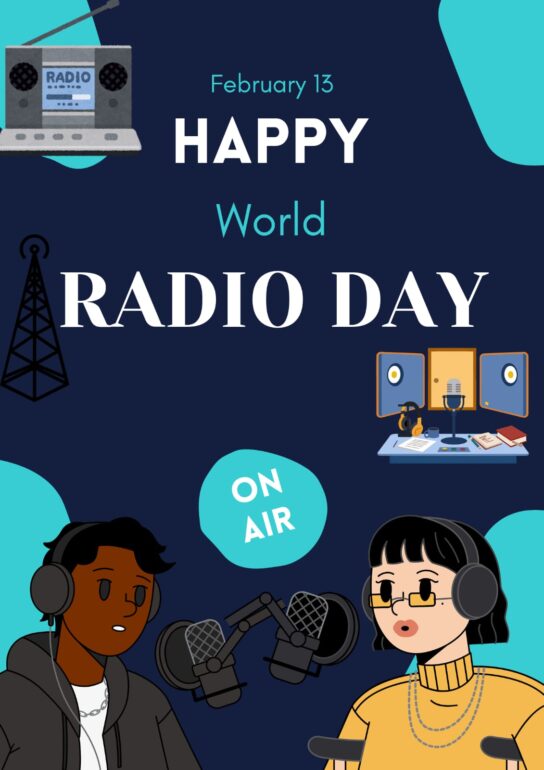

Post comments (0)